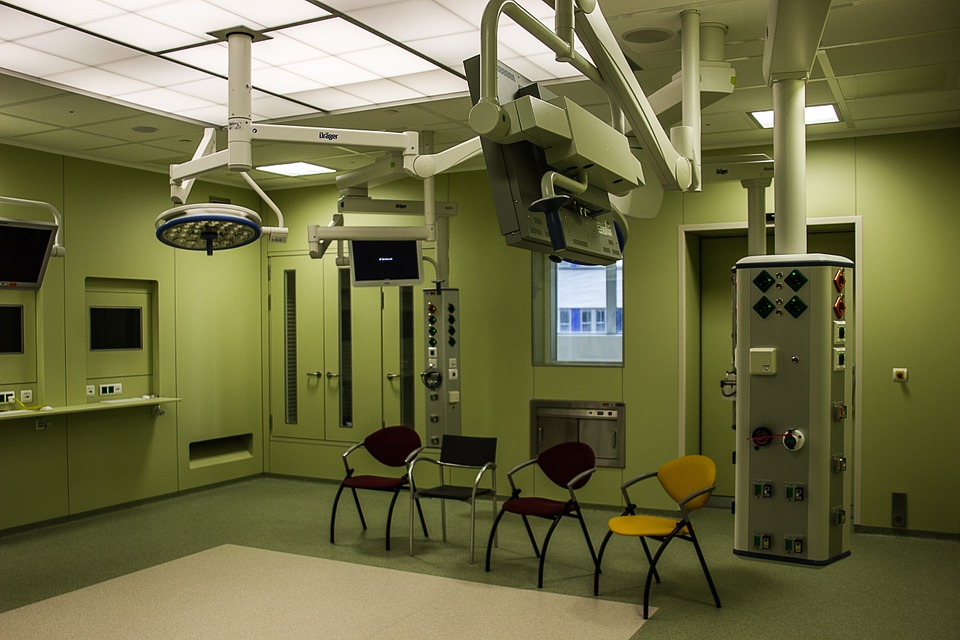The 4 Core Principles of Healthcare Quality Management
Quality management refers to setting up formal metrics to measure quality and systematically improving quality in service delivery or production as per industry recognized standards. Quality management and quality management systems have been part of information technology and manufacturing for years, but it is spreading to other industries.
Here are four core principles of healthcare quality management.

Patient Focus
Quality in healthcare is first and foremost focused on the patient. It is defined by how many patients recover, whereas poor quality service results in patient deaths, infections, and re-admissions. Quality management in healthcare addresses patient needs, such as delivering the right healthcare and medication, and patient expectations like rapid admission and proper pain management. In this regard, patient focused quality is a mix of objective and subjective measurements. Re-admission rates, infection rates, and deaths are objective measures, while patient satisfaction and pain scores are subjective.
Reliability
Quality management requires delivering consistently high-quality care to patients. You set up procedures to ensure no surgical tools are left in patients, no one receives the wrong medication, no baby is given to the wrong mother, and no one is billed for care they did not receive. By designing controls and checks into medical processes, medical facilities ensure that they build reliability into their procedures and do it right almost every time – and catch the mistakes before it impacts patient care.
Regulatory Compliance
Quality management systems are often necessary to meet compliance requirements and traceability requirements. ASI Quality Planning helps hospitals set up processes to trace every implant that they use, track controlled medications, and maintain records for the legally required time period. Many facilities bring in experts to ensure that they meet regulatory requirements, whether they are handling rape victims so that evidence remains legally admissible to reporting illegal drug use and criminal acts. Mistakes can be costly if you are sued for violating a patient’s privacy or undermining a legal case due to ignorance.
Continuous Improvement
One of the hallmarks of quality management and process improvement is continually improving processes. These changes may be due to external factors like new regulations or internally driven in response to a mistake. The ideal case is that a healthcare organization implements process improvement projects to do better with regard to one or more measures of quality. Whether they follow Six Sigma, Lean, or Total Quality Management depends on management objectives, and it is possible to switch between process improvement methodologies based on the objective. For example, Lean methods are ideal for simplifying admission procedures while Six Sigma is appropriate for reducing mistakes and delivering perfect care every time.
The “Health Care Management Review” study in 2010 found that smaller hospitals and those financially threatened were more successful in implementing process improvement methodologies. However, it is certainly possible for any healthcare facility to implement one or more process improvement methodology.
Quality management in healthcare is essential to maintain profitability and compliance. Seeking to always improve processes should be at the top of your priorities as an administrator.


